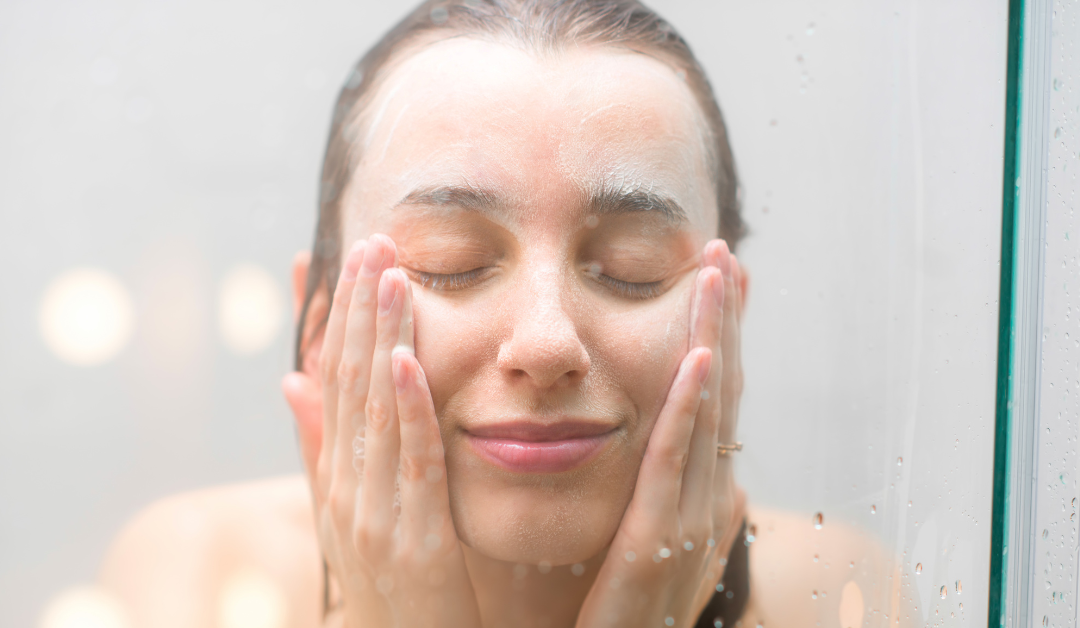What Body System Does Acne Affect? Terrific Insights Here!
For those in the beauty industry, the understanding of skin conditions is pivotal. One condition that often fills magazines and clients' consultations alike is acne. But what body system does acne affect? Delving deeper into this subject can offer beauticians valuable insights that not only enhance their professional expertise but also improve client interactions.
Acne generally affects the skin, which is part of the integumentary system. This system is vital because it acts as the body's first line of defense against external hazards while also managing moisture and temperature regulation. In understanding how this system operates, beauticians can tailor their approaches to skin care and treatment specifically for acne-prone individuals.

Understanding the Integumentary System
The integumentary system comprises the skin, hair, nails, and various glands. When any element of this system experiences dysfunction, it can lead to myriad problems, including acne. An oversupply of oil from sebaceous glands can create a ticking time bomb for breakouts, particularly when combined with bacteria and dead skin cells. Beauticians must appreciate this mechanism to engage effectively with clients facing acne issues.
Acne's Connection to the Immune System
While acne primarily impacts the skin, an intricate relationship exists with the immune system. The immune system regulates inflammation and combats infections, both of which are significant in the development of acne. When the body fights bacteria within clogged pores, inflammation occurs, leading to redness and swelling around the affected areas. A beautician should consider this aspect to propose holistic treatments to their clients.
Common Acne Triggers from Internal Systems
Several internal factors can contribute to acne breakouts. A few of these factors include:
- Hormonal changes: Fluctuations in hormone levels, particularly during puberty, menstruation, or pregnancy, can trigger acne.
- Lifestyle and Diet: Poor eating habits and stress levels can also have a dramatic impact on skin health.
- Allergies: Polish up on allergies and their relationship with skin issues since they can exacerbate acne flare-ups.
How Beauticians Can Assist Clients
Understanding the delicate interplay between different body systems can empower beauticians to craft better skin care routines. Clients should always be advised to maintain a balanced diet, proper hydration, and consistent skin care regimens for optimal results. They can also learn about the efficacy of different treatments.
Popular treatments for acne include:
- Topical medications: Over-the-counter products containing ingredients like benzoyl peroxide or salicylic acid.
- Professional facials: Regular facials tailored specifically for acne-prone skin help manage breakout and rejuvenate.
- Laser treatments: Advanced technology can also assist in reducing inflammation and preventing new acne from forming.
The Psychological Impact of Acne
One cannot overlook the psychological impact acne can have on individuals. The condition can lead to low self-esteem and anxiety, especially among teens and young adults. As beauticians, being sensitive to these emotions and providing a supportive environment can go a long way. Having a conversation about the full scope of acne, including its effects on emotional health, is vital.
Frequently Asked Questions
1. What is the primary cause of acne?
Acne is caused by several factors, including overactive oil glands, hormonal changes, and the presence of acne-causing bacteria.
2. Can diet really affect acne?
Yes, a diet high in sugar and dairy has been linked to increased acne. Eating a balanced diet aids in reducing breakouts.
3. Are there treatments available for severe acne?
Yes, dermatologists can prescribe stronger medications like isotretinoin for severe cases of acne.
Conclusion
For beauticians, grasping the complexities of what body system does acne affect is not just informative but essential for providing quality care. Clients depend on professionals to offer solutions, and understanding the systems behind the skin can lead to more effective treatment strategies. By maintaining an open dialogue about overall health and well-being, beauticians can ensure they address both physical and emotional aspects connected to acne.
For more information, you can check out this helpful resource on back acne treatment and additional strategies to support your clients.

Related Reading
You might also find these articles insightful:

